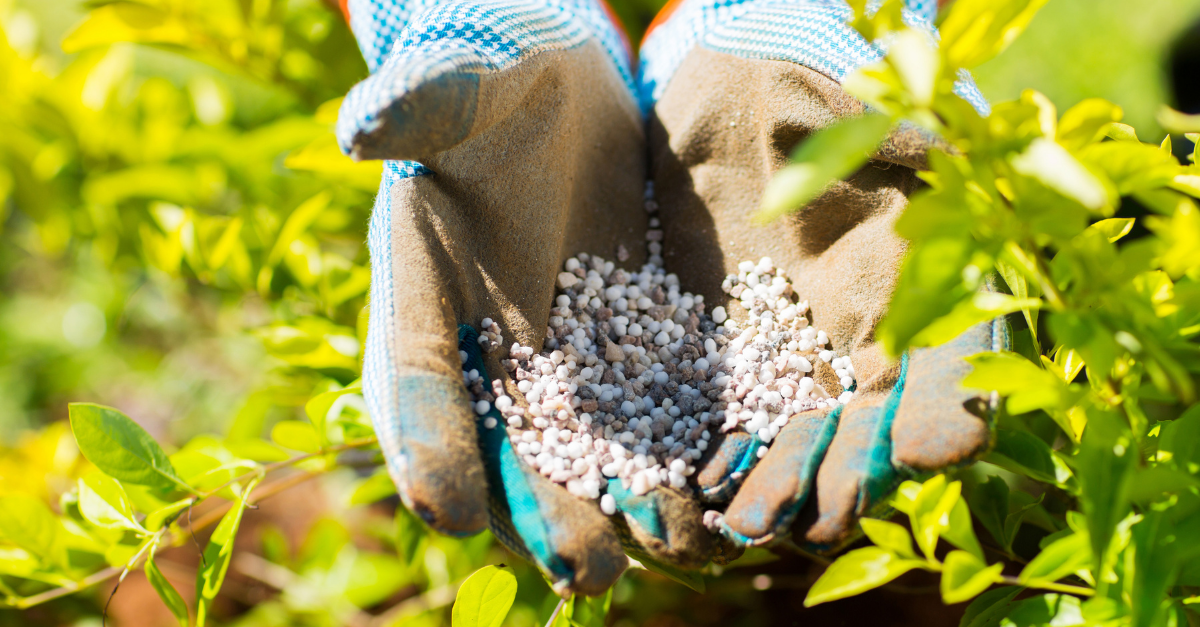
Gov’t restrictions set Argentina’s fertilizer imports on declining path
Dec, 07, 2023 Posted by Gabriel MalheirosWeek 202345
Argentina’s imports of urea and monoammonium phosphate (MAP) have declined by 30% and 15%, respectively, according to a report from the AZ-Group consultancy.
“There is less availability of fertilizers for the 2023/24 crop, something absurd for a country that urgently needs to increase output and export. According to Indec data, the volumes of imported urea until October this year totaled 560,000 tons, showing a 30% decrease compared to the same period in 2022,” stated the company.
“In turn, 635,000 tons of monoammonium phosphate were imported, with a 15% delay compared to last year.”
Market analyst Jeremías Battistoni analyzed the issue. “We are approaching the end of the market year with significant drops in imported volumes due to issues with SIRA approval and other mechanisms that hinder operations.”
“The delays are more significant when considering that the records for 2023 are compared with a year in which consumption had already been affected by drought and poor input/output relationships, and we are heading towards a crop with prospects for increased planted area,” he added.
According to him, there has been a decline in the international urea price to $370/t FOB Middle East, $39/t less than the previous month. However, in the local market, it is sold at $911/t, well above the parity value, which is at $534/t due to difficulties in finalizing imports by sellers.
“The difference between the theoretical import parity and the local market price marks the surcharge passed on to the producer due to the restrictions and additional costs of the importing sector,” Battistoni pointed out.
The chart below shows Argentina‘s fertilizer imports between Jan 2020 and Oct 2023, according to the DataLiner maritime information service.
Argentina’s Fertilizers Imports | Jan 2020 – Oct 2023 | WTMT
Source: DataLiner (click here to request a demo)
Prices
The international benchmark for MAP is $534/t FOB Gulf, unchanged from the previous month. “In the local market, it is sold at $1005/t with an increase in the last few days. The theoretical parity would be $740/t,” he said.
As advice, he stated that companies should articulate more elaborate strategies for purchasing fertilizers and selling grains if they want to take advantage of the advantageous price relationships of the available goods. As a counterpart, he noted that avoiding contra-seasonal deals with the current price scenario would be necessary.
The consultancy emphasized, “With an international market that presents favorable values for the use of fertilizers in Argentine crops, their use in the country is complicated due to internal issues affecting importers, farmers, and the entire country, limiting the possibilities of generating wealth through production.”
Source: La Nación
Click here to read the original text in Spanish: https://www.lanacion.com.ar/economia/campo/por-las-restricciones-del-gobierno-se-derrumbaron-las-importaciones-de-fertilizantes-nid07122023/
-
Steel and Aluminium
Jan, 17, 2024
0
South32 Visits Port of Itaqui to Commemorate Successful Aluminum Export
-
Commodities
Jul, 26, 2023
0
Ranking of Commodities on the East Coast of South America | Jan-May 2023 vs. Jan-May 2022 | Brazil and Plate
-
Other Cargo
Sep, 19, 2024
0
Brazil Aims to Expand Cotton Exports to India
-
Shipping
May, 23, 2023
0
Number of containers lost at sea falls to record low



